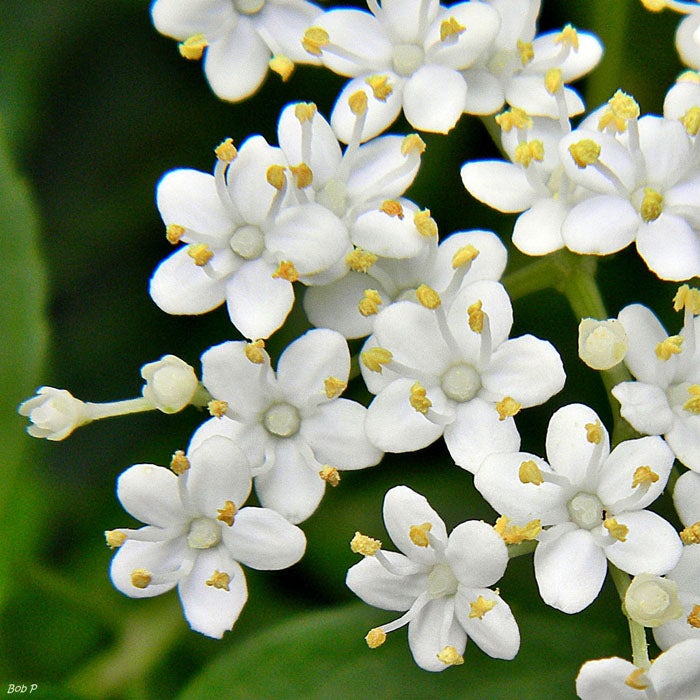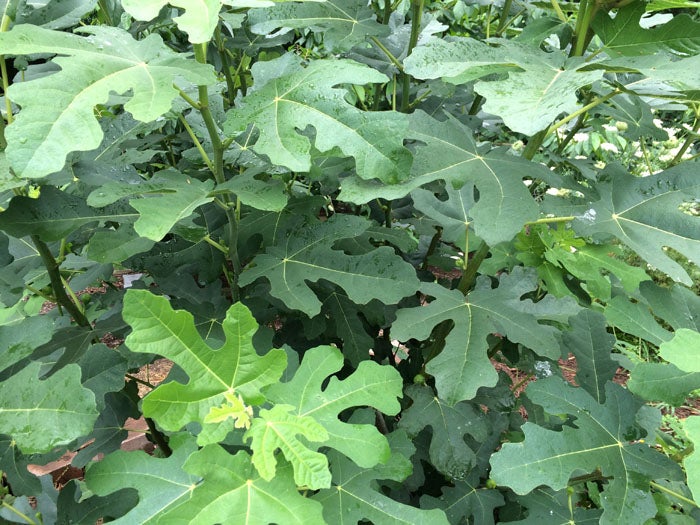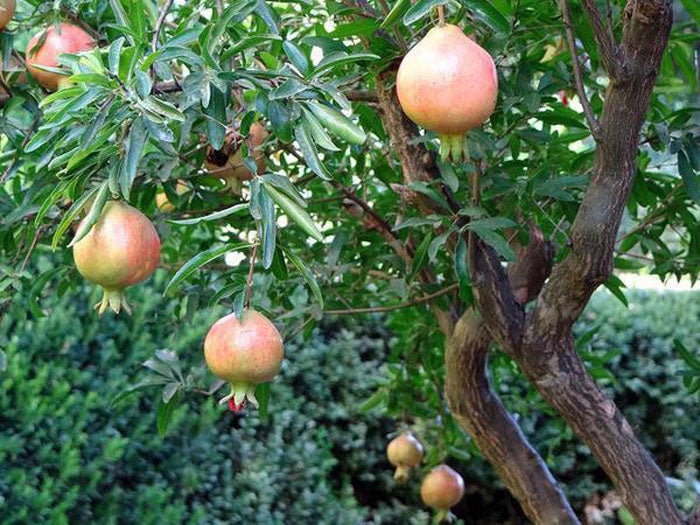4H plant sale going on now
Published 12:00 am Sunday, September 26, 2021
By Amy-Lynn Albertson
North Carolina Extension
It’s time for our 4-H plant sale again, and this fall, we have a few fun new additions.
We have elderberries this year. Elderberry, American elder Sambucus canadensis, is an attractive, relatively large shrub whose flowers and berries can make an array of medicinal, food and beverage products. It is native to N.C. and can be found all along streams, marshes and moist forests. It is an arching shrub/small tree with white creamy, fragrant flowers and purple drupe berries. The elderberry is tolerant of almost all soils but prefers rich, moist acidic soils grown in the sun to partial shade. Use this plant in naturalized areas, as a hedge, or along streams and ponds. It can also be used for erosion control in moist sites. Butterflies and other insects are attracted to the blooms. Mammals and many species of songbirds eat their fruits. It makes an excellent nesting site for birds and provides cover for quail and pheasants. Deer browse the leaves, twigs and fruit. You can use the cooked berries for jams, jellies, syrups, juices, wine and more. Cooked is the keyword. The berries raw are poisonous to humans. They can also be a problem for horses. We have two varieties for sale — York and Adams. They are in 3-gallon containers for $25 each.
We have pomegranates again. They are a fun novelty plant to put in your landscape. Pomegranates grow on a shrub-like tree. Although this plant prefers warm, arid regions, it can be grown in some parts of North Carolina. It works well as a specimen or accent plant in borders, in a hedgerow, or as part of a Mediterranean-themed garden. The pomegranate is considered cold-hardy from zones 8 to 10, so plants grown in our area may need to be planted in a protected area or in a container that can be brought indoors for the winter. The plant usually survives the winter but will be killed to the ground at temperatures below 10 degrees. In addition to being a delicious, nutritious snack; pomegranates can be used in holiday wreaths and centerpieces. Be creative — you can use them fresh or dried to add a touch of brilliant red beauty. This past January, I saw an excellent specimen pomegranate at Paul J. Ciener Botanical Gardens in Kernersville. It was planted up against the building and was trained as a small tree. Pomegranates will not fruit reliably in our area due to poor pollination and high humidity but are a fun novelty plant to try and pretty to look at. We have two varieties of pomegranate for sale — “Dwarf” and “Parfianka,” in 1-gallon containers for $10 each.
If you are looking for a small fruit to produce in your backyard, blackberries may be the fruit for you. Blackberries are of two types: semi-trailing thornless and erect. Semi-trailing thornless blackberries have canes that are not self-supporting; they must be tied to poles or trellises. The fruit ripens about one month after that of the erect type. The semi-trailing type should not be grown in areas where winter temperatures may drop below 0 degrees. Erect blackberries can tolerate temperatures slightly below 0 without significant injury to canes. Erect blackberries are the type of blackberry commonly grown in the Piedmont. Erect blackberries still need a little support. You can grow them along with a fence post or put them in a two-wire trellis system. We have several erect blackberries for sale this year — Apache, Arapaho, Navaho and Ouachita in 1-gallon containers for $10 each. These blackberries have larger berries than our native blackberries and will produce fruit the first season after planting.
If fruit trees are your jam, we have peaches and figs this year. Peaches and figs don’t require a pollinator, so they are a great option if you have a small lot and would like just one fruit tree. We have “Contender” and “Red Haven” varieties of peaches which require longer chilling hours. This means they will bloom later in the spring and hopefully not get hit by our spring freezes. Peaches are in 5-gallon containers and $25 each. Figs can also be grown as a tree or large bush. I have a fig tree growing next to my house in my side yard. It’s about 12 feet tall. Figs are not cold-hardy, so they need to be planted in protected areas like pomegranates. However, they have very few disease and insect problems. Sometimes we are lucky and get two harvests of figs, one in mid-summer and a second in late summer (August, September). We have “Brown Turkey” and “Celeste” figs for sale in 1-gallon containers for $10 each. We have several other fruit and nut trees for sale, as well as bunch grapes, muscadines and mulberries. Availability is limited; please call 704-216-8970 to place your order. More information can be found on our website at rowan.ces.ncsu.edu. The deadline for orders is Thursday, Oct. 28, and pick up for plants is Nov. 4.
Amy-Lynn Albertson is director of the Rowan County Extension.








